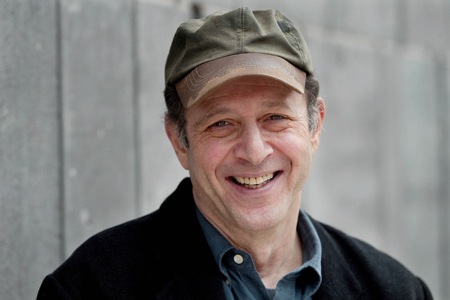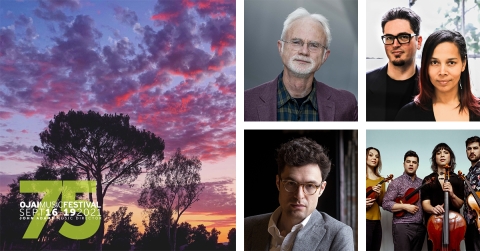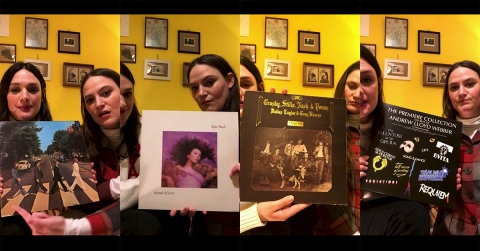This week in Slate, New Yorker classical music critic Alex Ross and New York Times jazz and pop critic Ben Ratliff engage in a dialogue about music in and outside of the fields they generally cover. In a posting today, Ross tips his hat to jazz clubs for providing an alternative to the more reverent classical concert hall. He's happy to note a new trend in the classical world towards a more improvisatory experience, stemming in part from the predominance of composer-performers like Philip Glass and Steve Reich in post-War music .
This week in Slate, New Yorker classical music critic Alex Ross and New York Times jazz and pop critic Ben Ratliff engage in a dialogue about music in and outside of the fields they generally cover. In a posting today, Ross tips his hat to jazz clubs for providing a more genuine, less pretentious space in which to enjoy music than the more reverent classical concert hall, where the composer's score is sacrosanct and even the moments for applause are prescribed. Still, he's happy to note a new trend in the classical world towards a more improvisatory experience, stemming in part from the predominance of composer-performers in post-War music:
In the new-music world, a not inconsiderable fraction of post-1945 music requires invention on the part of the performers. Since the minimalist revolution of the 1960s, when Philip Glass and Steve Reich led their own ensembles, composer-performers have come to the fore ... The sharp division of labor between composer and performer is breaking down.
To read more of the Ross-Ratliff exchange, visit slate.com.



